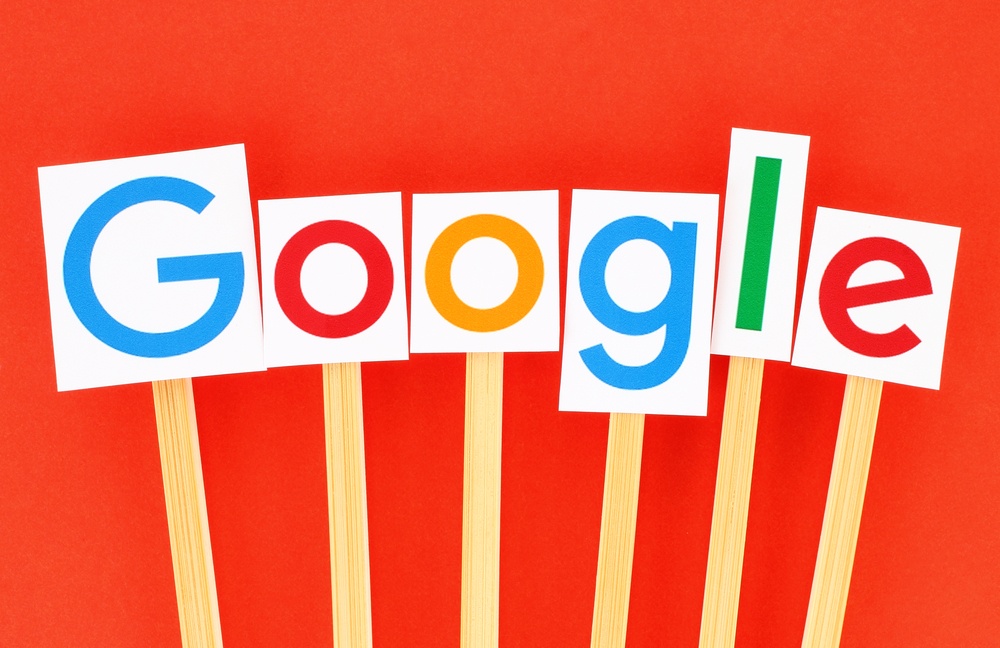Key takeaways:
- Google drives 831 times more website traffic than AI platforms.
- AI platforms often keep users with summaries, causing visits to drop by up to 70%.
- Publishers need to adapt SEO for AI platforms to keep their content visible.
- Quality content and ethical monetization models will help publishers thrive
Google Traffic vs AI Platforms
A new report from TollBit shows Google sends far more visitors to websites than AI platforms do. In fact, Google drives 831 times more traffic. Meanwhile, many AI platforms display summaries to users. As a result, fewer people click through to read the full article. This dynamic causes a big traffic drop for publishers.
For example, an AI platform may answer a user’s question about a news event. The user reads the summary and leaves. In contrast, a Google search result lists links to multiple sources. Users often click several links to read full stories. Consequently, publishers still receive strong referrals from Google.
The report finds that AI platforms can reduce publisher traffic by up to 70 percent. Some sites report even steeper losses. Yet Google’s massive scale helps it sustain referrals. Publishers that relied heavily on search traffic may not see steep declines. However, those who counted on AI summaries may face a sudden drop.
Why Publishers See Traffic Drops
Many AI platforms use smart algorithms to summarize articles. They aim to give quick answers without sending users away. This approach keeps users on the AI site longer. As a result, original news sites lose the chance to display ads or convert a reader.
Moreover, AI platforms often bypass ads and paywalls. They extract the core idea and present it immediately. In doing so, they steal both content and potential ad revenue. Publishers see fewer page views and lower ad income. In some cases, traffic falls by more than half.
In addition, AI platforms tend to provide a single perspective. They limit the reader’s exposure to multiple viewpoints. This not only harms publishers but also reduces the diversity of information. Publishers struggle to maintain both traffic and high journalistic standards.
How to Adapt SEO for AI Platforms
Publishers can’t ignore AI platforms forever. To survive, sites must adjust their SEO strategies. Here are some steps every publisher can take.
1. Structure content for answers
Break down articles into clear sections. Use simple headers to highlight key points. AI platforms favor well-structured writing that they can parse easily. Moreover, bullet lists and numbered steps help AI algorithms identify facts.
2. Target direct questions
Add FAQs and Q&A sections to articles. AI platforms often look for direct answers. By placing questions and concise answers near the top, you increase your chances of appearing in AI summaries. In addition, use the core keyword “AI platforms” when you ask and answer questions.
3. Optimize meta descriptions
Write clear and descriptive meta tags. Summaries drawn by AI tools often come from meta descriptions. A well-crafted meta tag helps AI platforms choose your site as a summarized source. This can nudge readers to click through.
4. Use structured data
Implement schema markup for articles and news. Structured data helps AI tools understand and display your content correctly. As a result, AI platforms are more likely to link back to your site.
5. Monitor AI referrals
Set up analytics to track traffic from AI sources. Although AI platforms may not provide clear referral data, you can watch for changes in session duration or direct traffic. This info helps you gauge the impact of AI summaries on your site.
Focusing on Quality and Ethics
High-quality content is more likely to earn clicks from both Google and AI platforms. When readers see value, they click through to learn more. To keep readers engaged, prioritize depth and originality in your writing.
Also, experiment with ethical monetization models. Here are some ideas:
• Membership programs
Offer premium content for paying members. Provide extra insights or behind-the-scenes coverage. This model rewards loyal readers.
• Sponsored content
Partner with brands to create relevant articles. Ensure these pieces meet your editorial standards. This approach blends revenue with authentic storytelling.
• Native advertising
Integrate ads that match your site’s style. Native ads can improve user experience. They also generate income without disrupting readers.
• Donations and crowdfunding
Invite readers to support your work directly. Share your goals and how funds will help you grow. Many readers appreciate transparency and will contribute.
Ethical models build trust. They also reduce reliance on ad impressions. As AI platforms evolve, these revenue streams may prove more stable.
Conclusion
The TollBit report highlights a clear gap between Google referrals and AI platform referrals. Google still drives massive traffic. But AI platforms are changing how users find information. Publishers face traffic drops of up to 70 percent. To survive, sites must adapt SEO for AI platforms, focus on clear structure, and build ethical revenue models. With quality content and smart strategies, publishers can maintain both visibility and income.
FAQs
What causes AI platforms to reduce publisher traffic?
AI platforms often display summaries instead of full articles. Users read these brief answers and leave. As a result, they don’t click through to the publisher’s site.
How can publishers optimize content for AI platforms?
Publishers can structure content with clear headers and bullet points. They can add FAQs, use schema markup, and write compelling meta descriptions.
What role does quality play in SEO for AI platforms?
High-quality, original content stands out. It encourages readers to click through. Quality also builds trust, which helps with loyal readership and revenue models.
How can publishers offset traffic losses from AI platforms?
They can diversify revenue. Options include membership programs, sponsored articles, native advertising, and reader donations. These models reduce reliance on ad-based income.
